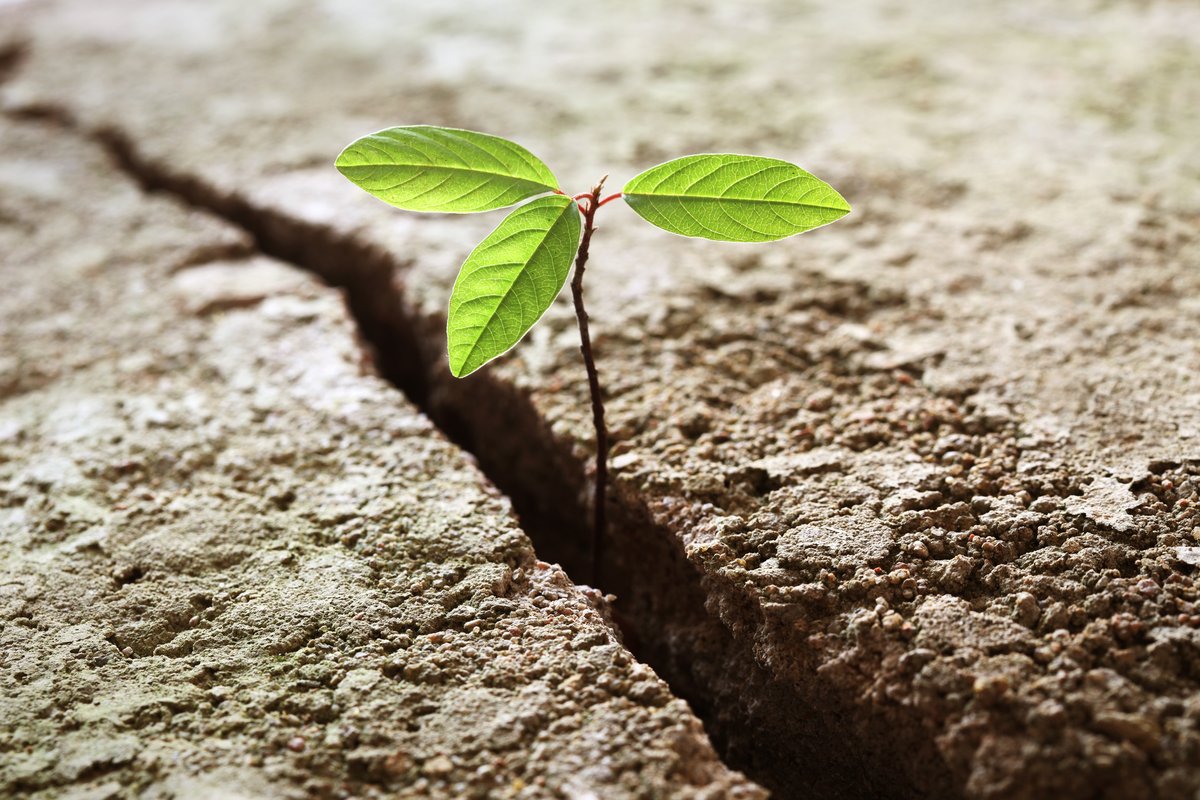Munud i feddwl: Dyfroedd mewn anial dir

There are seasons in life when challenge, trauma, shock, ordeal and suffering seem to arrive thick and fast, such that it can make life feel as if this is the order of things, or at the very least make it difficult to remember times of stability and peace.
The Bible is full of characters who were acquainted with this. Abraham and Sarah were called to uproot, leave everything they knew and go to a distance land. Their lives were full of challenge, mistakes and difficulties. Elijah felt like such a failure that he sat down under a broom bush and prayed to God that he might die (1Kings 19:4). Jeremiah wept as he looked upon the plight of his people and said, ‘my grief is beyond healing, my heart is broken’ (Jeremiah 8:18). Simeon reveals to Mary that her Son’s ministry will lead to such personal grief for her that, ‘a sword will pierce your own soul’ (Luke 2:35). Jesus wasn’t spared trauma either. There were many times in His life when extreme challenge came His way, but particularly as He sweated drops of blood as He awaited the terror of His trail and Cross.
The cry throughout all human history has been, why? Particularly, why don’t you prevent these things God? You are omnipotent, you can seemingly foresee the situations your children are about to go through which will lead to such pain and wildernesses. Thus, why not prevent them? Many books have been written on this subject. Many Conferences have debated it. Many have come far in answering it, but none have been able to fully offer an explanation.
However, and it is a big ‘however’, as much as we might not have the answer as to why God prevents suffering, there is evidence that God is eager to stand alongside us when suffering raises its ugly head. Abraham and Sarah achieved what God asked of them and experienced God’s promises coming true in spite of them. After Elijah had asked to die, he was met by God’s still small voice and was strengthened to go on and achieve his ministry. Jeremiah was able to fulfil his ministry as a prophet. Mary experienced the joy of her Son’s resurrection. God seems to delight in creating rivers in the desert, such that not even death can defeat them.
On a personal note, I have not been spared my wilderness moments. Oh how I wish I had. One such wilderness moment came one year ago. It was profound and of a mortal nature. I had come to the end of myself in relation to it. I remember as a crucial moment was nearing, I spent a week praying every morning on a bench outside a local Church. It was winter, so the bench was often covered in frost. I would arrive early because sleep wasn’t possible. A local shop opened at crazy o’clock in the morning, which allowed me to purchase a coffee from a dispensing machine and helped counter the frosty bench I knew I was due to sit on. My constant prayer throughout the week was, I have nowhere to go, no options, every direction led to dire life-long consequences. There were rare moments as I gazed out upon the frost covered Churchyard, where previous life wilderness moments came to mind that had proved incredible opportunities for God to create rivers in the desert, but on this occasion, it was beyond my human ability to see any form of river that would solve my situation. Then at the end of the week, God said to my wife, ‘wait and see’. Clearly, I wasn’t able to hear God through my grief. Then came the most incredible move of God, where He made a river in my desert that wasn’t possible through human effort. Just as the nature of a river in the desert is only possible because of God, so was this river. As I write this thought of the day, this river is still flowing fulsomely and constantly blows me away at how God created something astonishing out of nothing. I hope to write a book about it. I share this personal story in the hope it is an encouragement to you.
Parch Chris Thomson